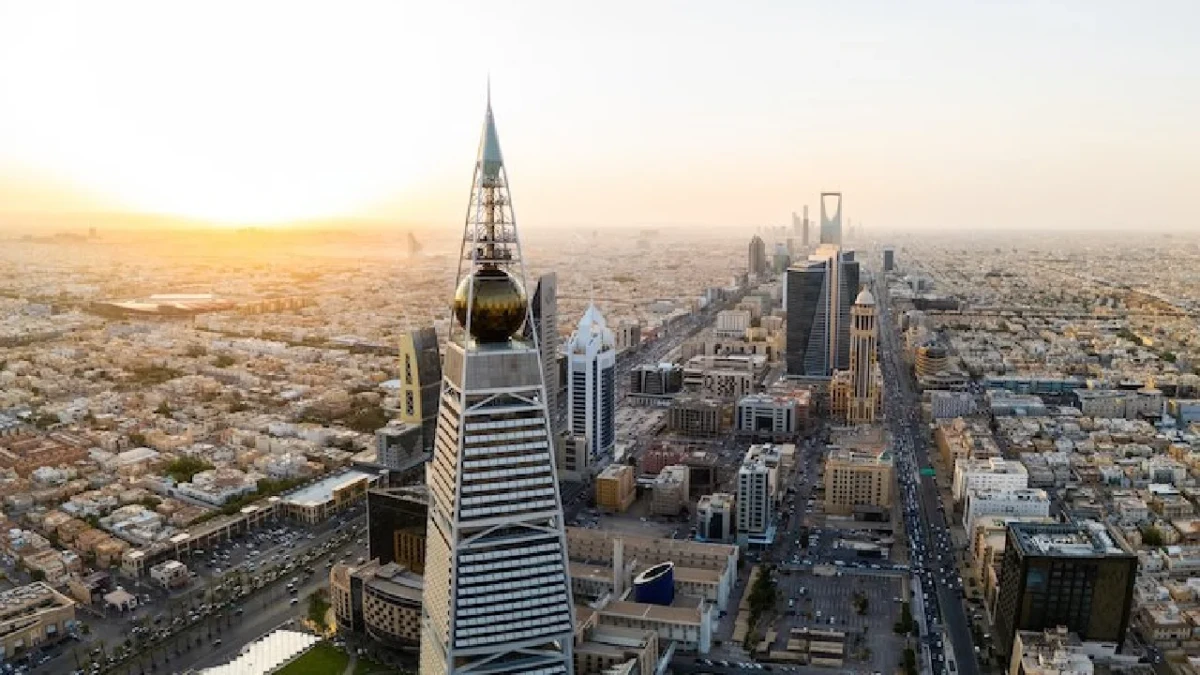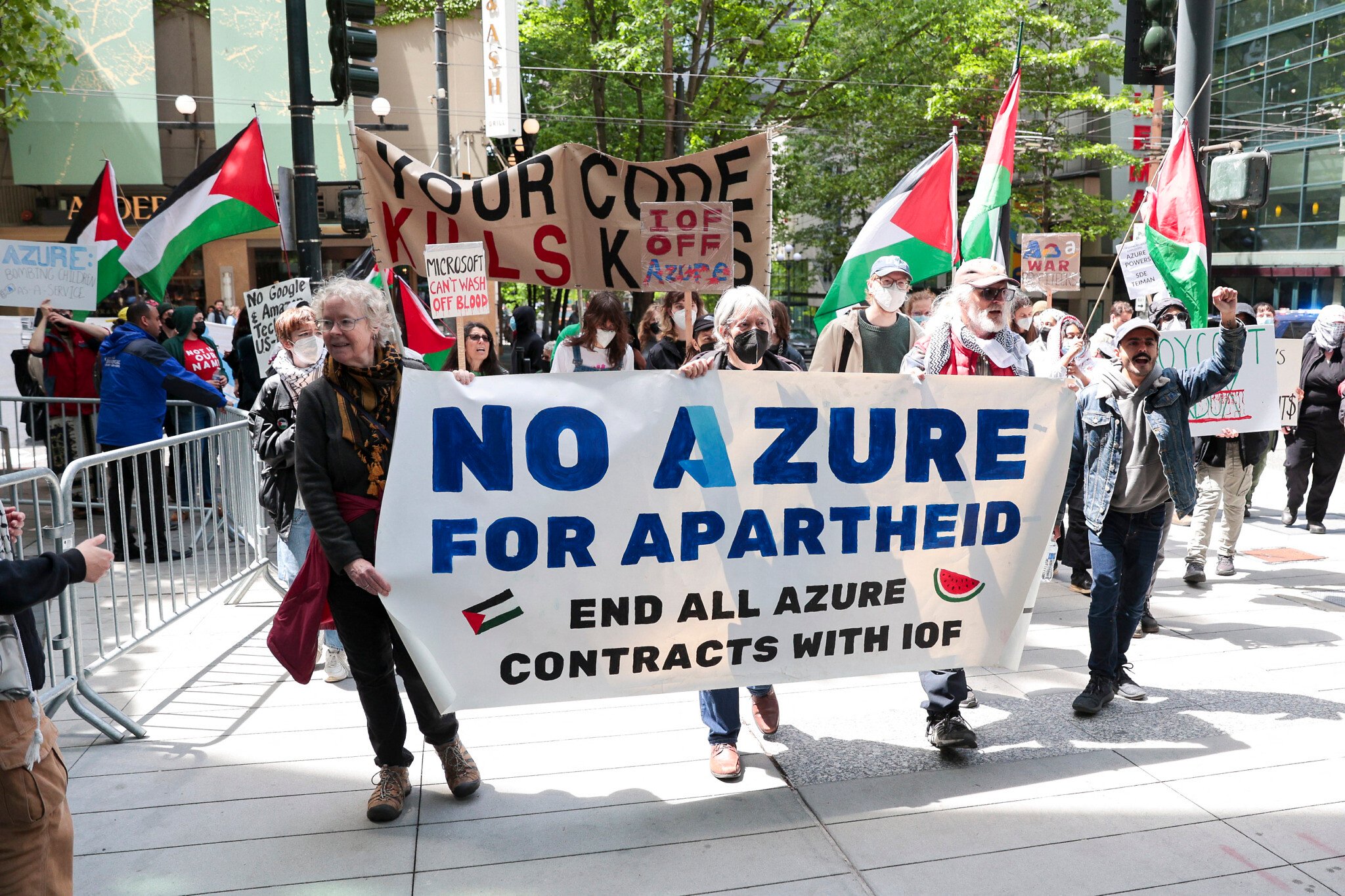Saudi Arabia has signaled a major opening for global capital with a new law that regulates real estate ownership by non-Saudis. Published on July 25, 2025 and expected to take effect in January 2026, the framework introduces designated zones where foreign individuals and entities can own or hold real rights in property. For expats and international investors weighing exposure to the Kingdom’s fast-growing cities, the question is simple. Is investing in property in Saudi Arabia a wise decision right now
Investing in Property in Saudi Arabia 2025–2026 Outlook
Saudi real estate sits at the center of Vision 2030. The government is pushing housing supply, attracting foreign direct investment, and building world-scale districts in Riyadh, Jeddah, and the northwest. The new law replaces the 2000 regime and moves from exceptions to a rules-based system, creating clarity on where and how non-Saudis can participate. That clarity, combined with strong demographic and economic fundamentals, elevates the Kingdom on global property screens for both private and institutional buyers.
Why 2025–2026 is a pivotal window
- A dedicated foreign ownership law arrives with clear registration and enforcement rules.
- Designated investment zones are expected in major urban centers, aligning new supply with investor demand.
- Mortgage depth is improving and securitization is gaining traction, which supports exit liquidity over time.
- Large-scale projects are converting from plans to deliveries, creating stable rental ecosystems.
Bottom line at a glance
- Attractive for growth investors who can tolerate policy rollout risk and staged zoning.
- Compelling for corporate buyers needing office, logistics, and staff housing footprints.
- Selective for income buyers focused on rental stability and service charges in new districts.
What the new law changes for non-Saudis
The Law of Real Estate Ownership by Non-Saudis creates a structured route for foreigners to buy or hold real rights in specific geographies. It keeps national safeguards that protect sensitive locations while opening large urban markets.
Who counts as a non-Saudi
- Any individual without Saudi citizenship
- Foreign companies, funds, non-profits, and other legal entities
- Diplomatic missions and international organizations for official premises, subject to approvals
Where non-Saudis can own
- Designated zones set by the Council of Ministers in coordination with the Real Estate General Authority
- Outside these zones, ownership is generally restricted, with defined exceptions
- Makkah and Madinah remain mostly restricted, with limited pathways for Muslim foreign individuals and foreign-owned Saudi businesses under conditions to be set in regulation
What you can own or control
- Freehold title within approved zones, subject to limits that may be set by the Council of Ministers
- Real rights such as long leases, usufruct, easements, and similar interests
- Possible caps on foreign share in a project or time limits on rights, tailored to each zone’s needs
Key compliance points
- Mandatory registration in the national Real Estate Registry for legal validity
- Transfer fees on disposals by non-Saudis up to 5 percent of value, alongside the existing transaction tax regime
- Enforcement by a specialized committee, with fines up to SAR 10 million for serious violations and recourse to administrative courts within 60 days
What this means for different investor profiles
Resident expats
- May buy within designated zones
- May hold one residential property for personal use outside zones, subject to rules
- Muslim resident expats gain limited ownership options in Makkah and Madinah within defined boundaries
Foreign companies and funds
- Can acquire real estate needed for operations and staff housing in designated zones
- May access assets in Makkah and Madinah if tied to approved commercial purposes
- Remain subject to Capital Market Authority rules where relevant
Diplomatic and international bodies
- Can own official premises with Ministry of Foreign Affairs approval and reciprocity
Costs, taxes, and fees to plan for
- Acquisition costs include the real estate transaction tax and registration charges
- Disposal by non-Saudis may trigger a transfer fee up to 5 percent as authorized for regulators
- Holding costs include community service charges, utilities, and insurance typical of Gulf markets
- Financing costs depend on residency, loan-to-value caps, and bank underwriting, which is maturing as mortgage securitization develops
Opportunity map by market theme
Riyadh
- National capital undergoing a large urban expansion with new housing, Grade A offices, retail, and hospitality
- Flagship districts and giga projects target mixed-use living, which tends to anchor rental demand and retail footfall
Jeddah
- Western gateway with historic core restorations and a modern waterfront transformation
- Mixed-use and hospitality play a larger role, with logistics demand rising through the Red Sea corridor
Northwest and economic cities
- NEOM and related hubs focus on clean energy, advanced industry, and sustainable communities
- Longer development timelines suit institutional capital, co-development, and strategic corporate footprints
Risks and how to manage them
Implementing regulations and zoning rollout
Final contours of designated zones, ownership caps, and specific procedures will arrive before the law takes effect. Investors should stage commitments, add conditions precedent to acquisitions, and monitor ministerial resolutions for each target district.
Liquidity and exits
Primary sales in new districts can be brisk, while resale markets may take time to deepen. Favor projects with reputable developers, phased delivery, and visible infrastructure. For income strategies, prioritize communities with established occupancy drivers such as schools, hospitals, offices, and transport.
Compliance and title certainty
Insist on complete registration, developer escrow controls for off-plan, and clean utility and service charge histories. Build audit trails for source of funds and beneficial ownership to align with banking checks.
Affordability and social safeguards
Authorities may calibrate foreign participation to protect citizen access and price stability. Diversify across districts and asset types to reduce exposure to any single policy tweak.
Step-by-step plan for prospective investors
- Define your goal
- Primary home, rental income, corporate facility, or land bank for development
- Confirm eligibility
- Residency status, entity structure, and any sector licensing needed for corporate use
- Target the right zone
- Shortlist districts likely to be designated early and suited to your strategy
- Select the asset
- Completed, near-completion, or off-plan with escrow protection and staged milestone payments
- Model the numbers
- Include purchase taxes, projected transfer fee on exit, service charges, financing costs, vacancy assumptions, and reserves
- Secure financing
- Seek pre-approval and understand loan-to-value caps for residents versus non-residents
- Perform legal and technical due diligence
- Title, developer track record, construction quality, building systems, and community bylaws
- Contract and register
- Execute the sale agreement, pay statutory fees, and complete registry entry for legal effect
- Set up management
- Leasing strategy, facility management, insurance, and compliance calendar
- Monitor regulation
- Track Real Estate General Authority circulars and Council of Ministers resolutions for updates on caps, fees, and processes
Sample strategies that fit the new landscape
- Buy-to-let in a serviced apartment tower near employment nodes for predictable occupancy and professional management
- Office or staff housing acquired by foreign-owned operating companies to support on-ground expansion
- Co-investment with a reputable developer inside a designated mixed-use zone to share delivery and marketing risk
- Logistics unit near transport corridors for long-term corporate tenancy with indexed leases
Who should proceed now and who should wait
- Proceed if you are a corporate user, a long-term expat household planning to live in the unit, or a fund with development or value-add capabilities
- Wait and watch if you require stabilized yield in a fully mature resale market, or if your thesis depends on specific neighborhoods awaiting final designation
A clear legal pathway for foreign participation, powerful demand drivers in Riyadh and Jeddah, and a pipeline of nationally significant projects argue in favor of Saudi property for informed, patient capital. The wise approach is to prepare now, align with the new compliance regime, and deploy in phases as designated zones and implementing regulations go live.




